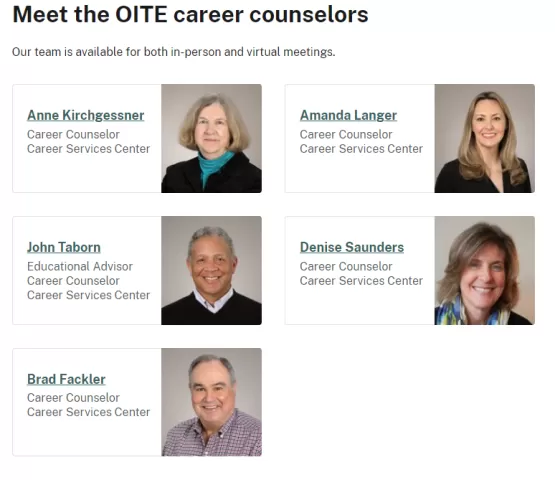Embarking on a scientific career is an exhilarating journey filled with discovery, innovation, and the pursuit of knowledge. However, without a well-defined career plan, it's easy to feel overwhelmed by the numerous possibilities and challenges. Effective career planning is essential for scientists to achieve professional success and personal fulfillment. This blog post will guide you through the crucial steps of career planning, focusing on assessing your skills, values, and interests, and the importance of introspection.
Self-Assessment Part 1: Identifying Your Skills
The first step in career planning is to conduct a thorough self-assessment. Understanding your strengths and areas for improvement is vital for setting realistic career goals. Scientists often possess a unique blend of technical skills, such as laboratory techniques, data analysis, and scientific writing, along with soft skills like problem-solving, critical thinking, and teamwork.
To identify your skills, consider the following:
- Reflect on Your Achievements: Look back at your academic and professional accomplishments. What projects were you most proud of? What skills did you utilize or develop?
- Seek Feedback: Ask colleagues, mentors, and supervisors for feedback on your performance. Their insights can highlight skills you may have overlooked.
- Take Assessments: Utilize career assessment tools, like the Career One Stop Skills Matcher, and tests designed to evaluate your technical and soft skills.
Self-Assessment Part 2: Understanding Your Values
Values play a crucial role in career satisfaction. They influence your work preferences and can guide you towards a career that aligns with your principles and aspirations. Values might include thing like: intellectual challenge, innovation, collaboration, and societal impact, but it is most important to be authentic for you personally.
To clarify your values, try these methods:
- Personal Reflection: Consider what aspects of your work bring you the most satisfaction. Do you value independence, or do you thrive in a collaborative environment?
- Value Inventories: Participate in exercises or use tools like the Values in Action (VIA) survey to systematically identify your core values.
- Mentorship Conversations: Discuss your values with mentors or trusted advisors. Their experiences can provide perspective and help illuminate your values.
Self-Assessment Part 3: Exploring Your Interests
Your interests are the driving force behind your passion and motivation. Scientists often have a natural curiosity about specific fields, whether it's molecular biology, environmental science, or public health. Aligning your career with your interests ensures long-term engagement and fulfillment.
To uncover your interests:
- Follow Your Curiosity: Pay attention to the topics and projects that captivate your attention. What do you enjoy reading or learning about in your free time?
- Engage in Diverse Experiences: Participate in internships, workshops, and seminars across different scientific disciplines to discover new interests.
- Interest Inventories: Utilize tools like the Strong Interest Inventory to systematically identify your professional interests.
Introspection and self-assessment are critical components of career planning. It involves a deep, honest evaluation of your career aspirations, personal goals, and life circumstances. Regular introspection helps you stay aligned with your evolving interests and values, enabling you to make informed decisions throughout your career. Effective career planning for scientists involves a dynamic process of self-assessment, understanding values, exploring interests, and continuous introspection. If you are a trainee at the NIH and you need help with this process, reach out to a career counselor for a 1:1 appointment here.



